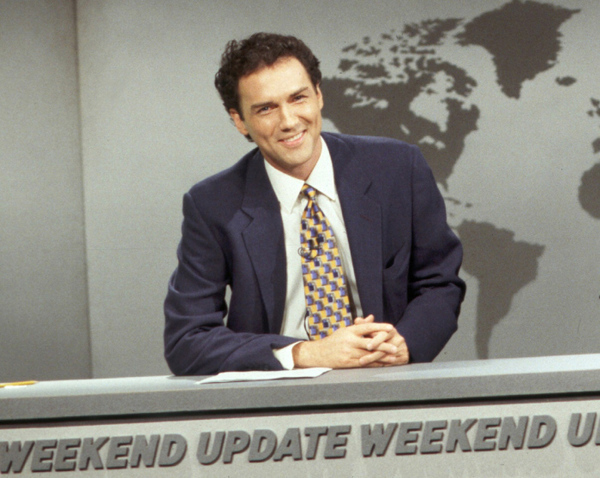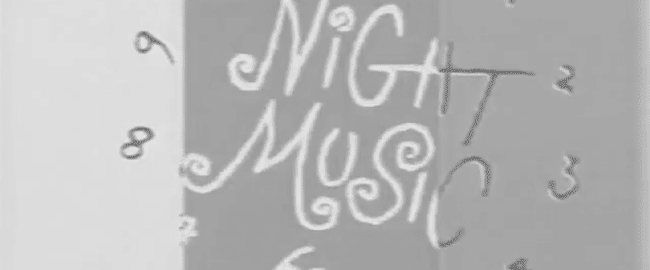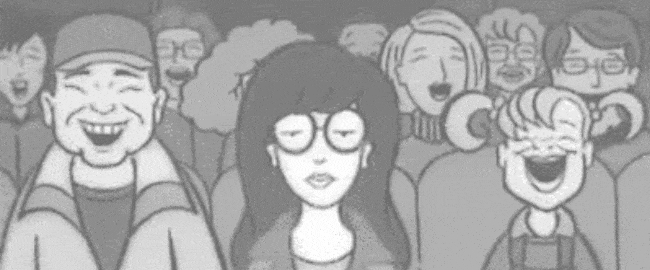
(via NBC)
Without getting into the details of it, last week was kind of a tough one for me, and as a result I made the call to largely take a week off from writing and social media (with one little exception).
I found a little mental health space in a few places last week, including in the form of the soft-launched Tedium redesign (nose to the grindstone: always a good strategy), but one of the strangest sources for me was the never-ending font of strange jokes that is Norm Macdonald videos on YouTube. Norm, despite never really having a bigger spot on the marquee than the criminally underrated Dirty Work, was basically the greatest talk show guest of this or any generation.
If you were using the internet last week, this is no surprise. (A New York Times piece was written about this subject, for God’s sake!) But like a lot of you, I’m sure, I watched a lot of videos of Norm Macdonald on the internet—clips of Norm creating horrible jokes that eventually transcended their horribleness, making talk show hosts and guests feel like there was a bomb-thrower on the sage—and found it almost calming in a way. Norm had decades of material, much of it on late-night talk shows where he somehow excelled despite the fact that such appearances can be difficult to pull off so consistently.
Norm was the master of the anti-joke, a cultural role that made him “box office poison,” as he himself hilariously described another comedian. For one thing, the film role he’s best known for has a scene that revolves around dead hookers, not exactly the kind of thing that gets you roles in Pixar movies in your 50s. (Norm, instead, did a lot of voice work in foreign animated movies that were dubbed for the U.S. market, and had voice roles in five different Dr. Dolittle movies, only two of which Eddie Murphy actually starred in.)
Norm was a great comedian, one of the best. The downside of being so great at one specific lane is that Hollywood didn’t exactly have a good spot to put him after he was unceremoniously fired from Saturday Night Live nearly a quarter century ago. Now, with podcasts and Twitter feeds and YouTube, there are alternate lanes someone who is excellent at comedy but not necessarily great at becoming a massive star could go besides spending the entire year on the road. (This problem also befell other comedians of his era, like Mitch Hedberg.)
But that meant that he could occasionally appear in some great spots in popular culture and totally kill it. Probably the one thing he’s best known for over the past decade is his role as Colonel Sanders in a KFC commercial series, a gimmick that helped modernize the brand.
The fact that he became so good in short servings, that he became a favorite of every talk show host of the 1990s and 2000s, and that they let him host a White House Correspondents’ Dinner at one point tells you everything you need to know about his greatness.
I’m just a little sad that I didn’t realize that watching so many of these videos and just laughing my ass off was an option before last week. I could have used him as a mental health salve many times before now, while he was still with us.
Time limit given ⏲: 30 minutes
Time left on clock ⏲: 34 seconds



